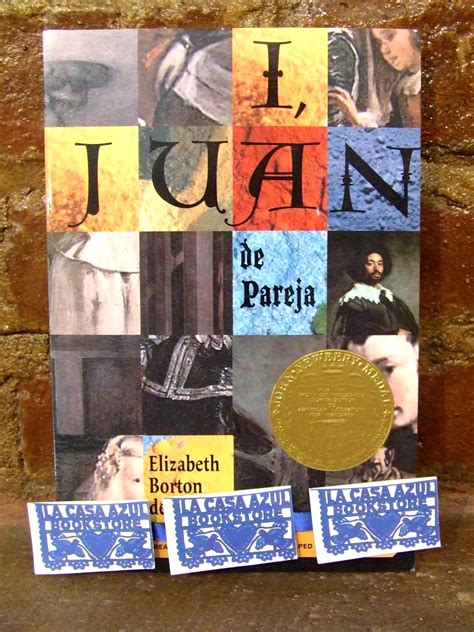A Quote by Claude Bernard
The eloquence of a scientist is clarity; scientific truth is always more luminous when its beauty is unadorned than when it is tricked out in the embellishments with which our imagination would seek to clothe it.
Related Quotes
Beauty has so many charms, one knows not how to speak against it; and when it happens that a graceful figure is the habitation of a virtuous soul, when the beauty of the face speaks out the modesty and humility of the mind, and the justness of the proportion raises our thoughts up to the heart and wisdom of the great Creator, something may be allowed it,--and something to the embellishments which set it off; and yet, when the whole apology is read, it will be found at last that beauty, like truth, never is so glorious as when it goes the plainest.
I am certain of nothing but the holiness of the Heart’s affections and the truth of the Imagination – What the imagination seizes as Beauty must be truth – whether it existed before or not – for I have the same Idea of all our Passions as of Love they are all in their sublime, creative of essential Beauty . . .
Elections, for their part, are typically popularity contests rather than measures of candidates' relative competency or effectiveness. Imagine if scientific truth were determined according to which scientist was most popular. To be successful, scientists would have to be charismatic and attractive - and human knowledge would suffer terribly.
Since I stayed in a colony where either one was an engineer or a scientist, everybody thought I would be a scientist. This was the expectation everybody had apart from my parents. Honestly, I, too, wanted to be a scientist. I think it was the way Dad would explain us scientific theories and concepts that made the subject more intriguing.
I thought scientists were going to find out exactly how everything worked, and then make it work better. I fully expected that by the time I was twenty-one, some scientist, maybe my brother, would have taken a color photograph of God Almighty—and sold it to Popular Mechanics magazine. Scientific truth was going to make us so happy and comfortable. What actually happened when I was twenty-one was that we dropped scientific truth on Hiroshima.
I am neither Jew nor Gentile, Mohammedan nor Theist; I am but a member of the human family, and would accept of truth by whomsoever offered -- that truth which we can all find, if we will but seek in things, not in words; in nature, not in human imagination; in our own hearts, not in temples made with hands.
The closer we are to God, to divine attributes - such as absolute truth, goodness, and beauty - the more we wonder. When we separate ourselves from truth, goodness, and beauty, we lose wonder and become cynical. The Enlightenment was basically the narrowing of our vision to a purely scientific, empirical, rationalistic worldview, screwing down the manhole covers on us so we became squinting underground creatures.
The scientist is not much given to talking of the riddle of the universe. "Riddle" is not a scientific term. The conception of a riddle is "something which can he solved." And hence the scientist does not use that popular phrase. We don't know the why of anything. On that matter we are no further advanced than was the cavedweller. The scientist is contented if he can contribute something toward the knowledge of what is and how it is.
The scientist does not study nature because it is useful to do so. He studies it because he takes pleasure in it, and he takes pleasure in it because it is beautiful. If nature were not beautiful it would not be worth knowing, and life would not be worth living. I am not speaking, of course, of the beauty which strikes the senses, of the beauty of qualities and appearances. I am far from despising this, but it has nothing to do with science. What I mean is that more intimate beauty which comes from the harmonious order of its parts, and which a pure intelligence can grasp.





































